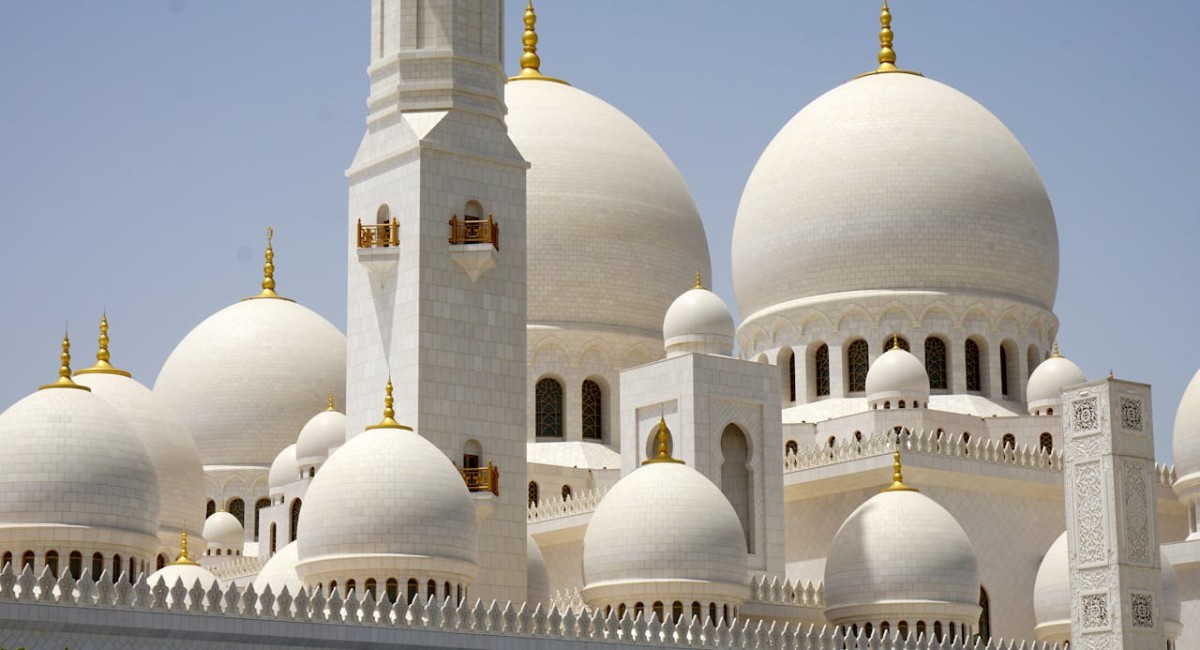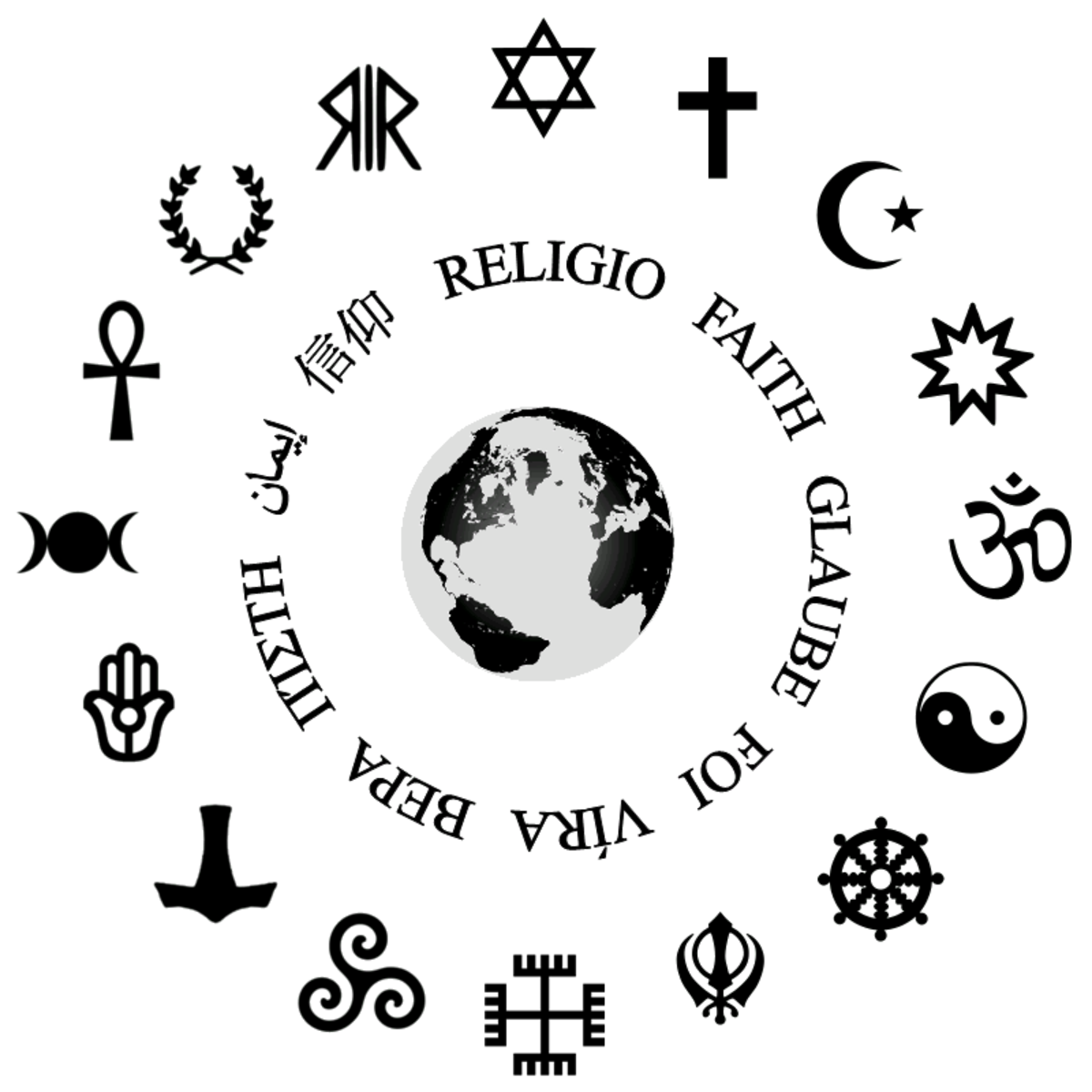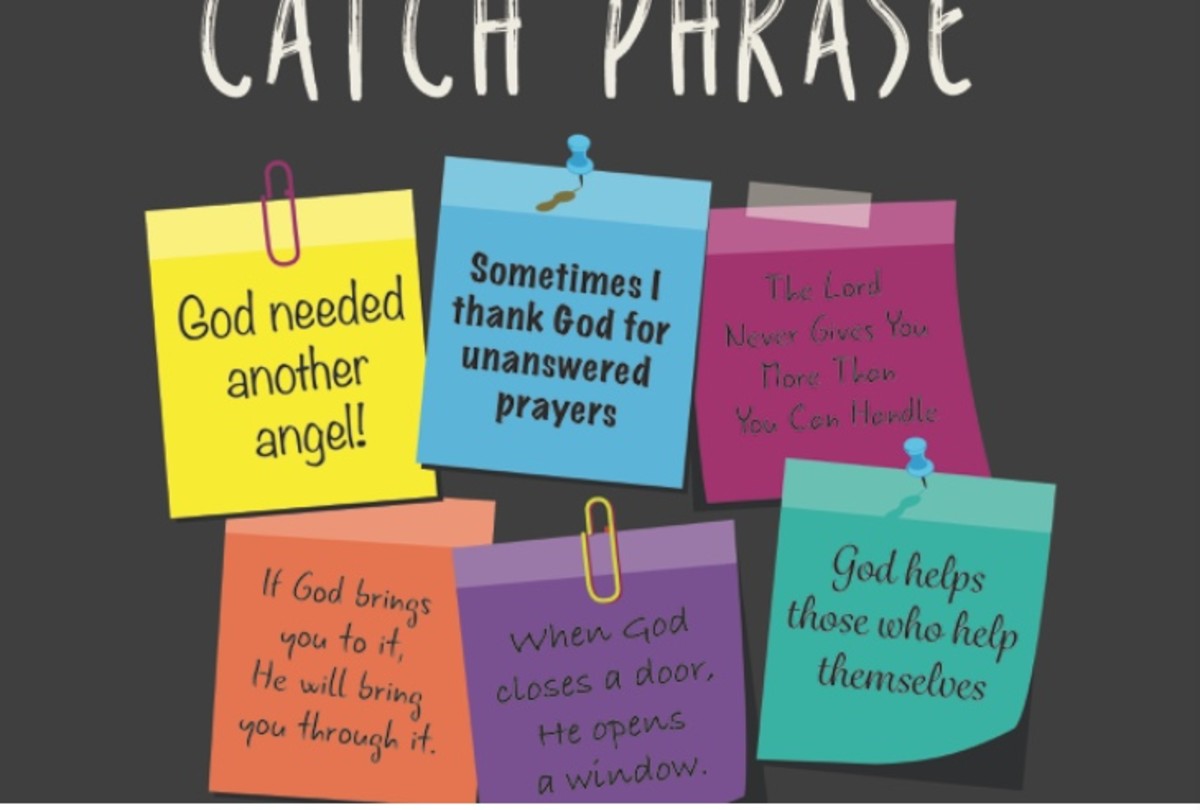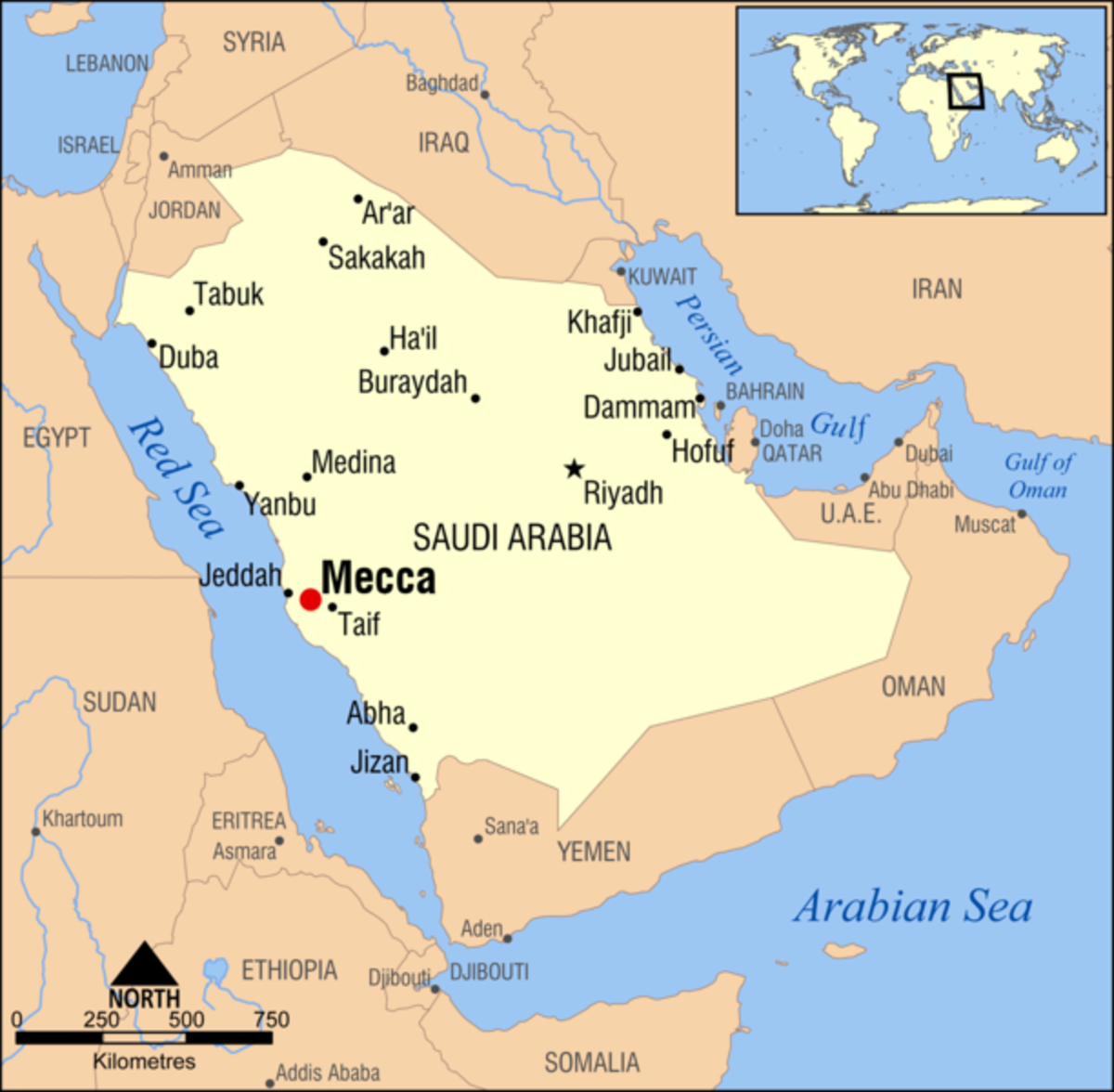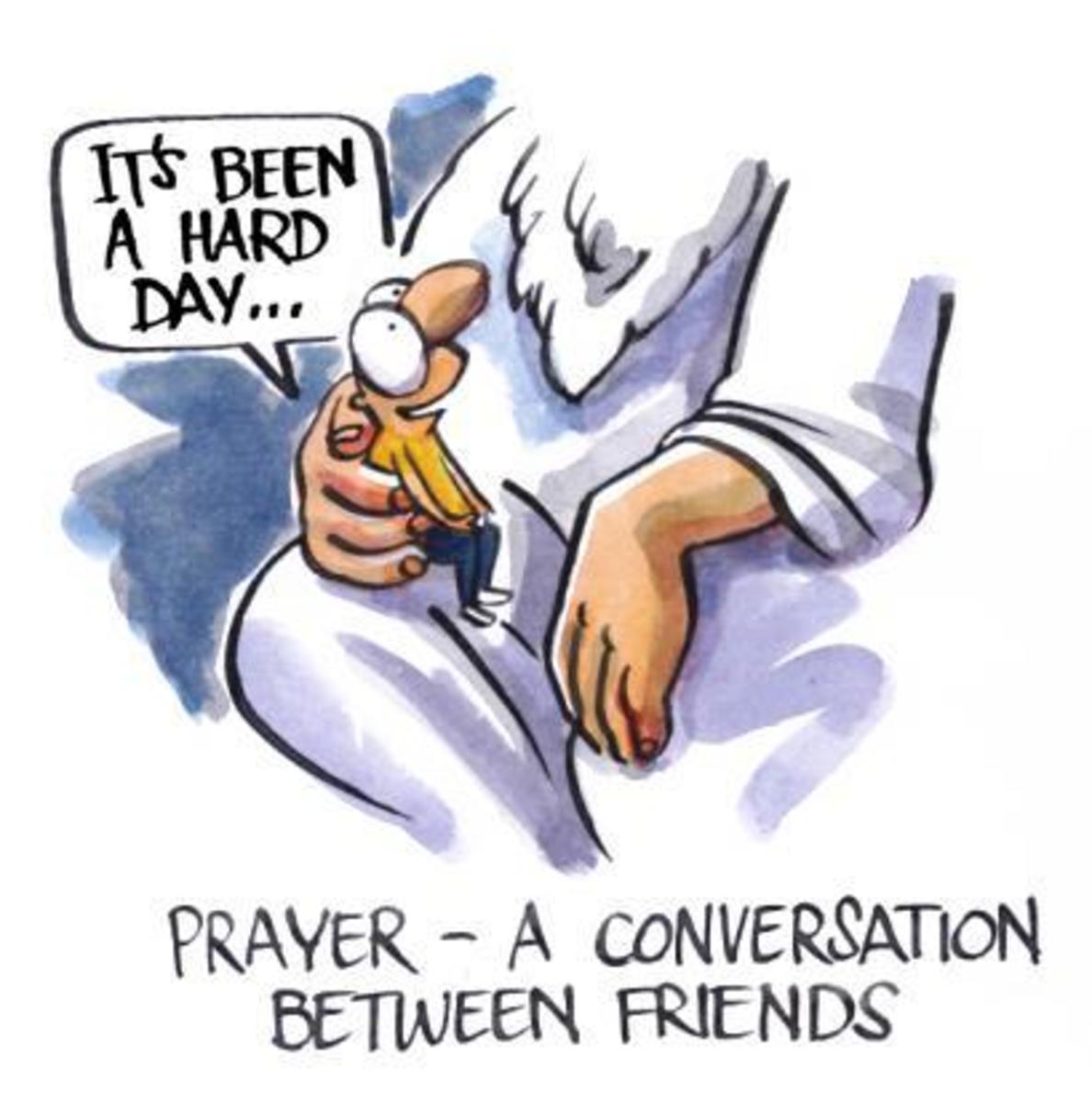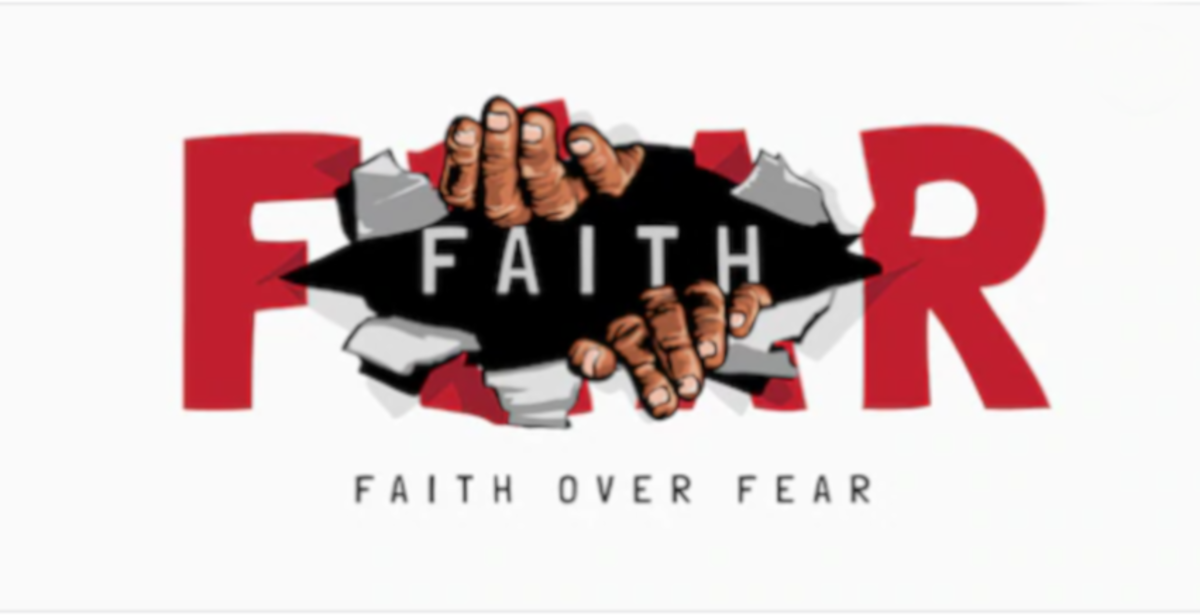Islam, What Christians Should Ask

The Questions Run So Deep...
This was written in response to a question my professor in American Ethnics asked a couple of years ago. I wanted to share it because it stands relevant in our American cultural diversity and continued globalization. I hope that it sparks interest in the hearts of the readers to explore their own desire to learn about cultures and religions which are not their own. I have always had an interest in the Mediterranean area and the Middle East. There is no easy way to explain it other than to say it is in my heart and in my soul. As a child, while others played cowboys and Indians, I played Sinbad (I was Sinbad). In the 1980s and 1990s, I was a professional belly dancer living in an apartment full of Marines (yes, during Desert Storm). I love the cultures, the religions (monotheistic and polytheistic) and the landscapes, though I have not had the privilege of visiting the Middle East yet.
Growing up in the late 1970s and early 1980s, the words “Arab” and “Islam” (simultaneously used at that time) were just coming into the American home. I rejected the idea that a whole group of people could be the same way, portrayed as evil and crazy or worse, having deep desires to own 7-11s. Even Sinbad was a stereotype. I was fascinated and saddened. I left my Kansas home in 1982 and moved to California, to be surrounded by “all kinds of people” so I could be with people who thought like me – open-minded. (Kansas has changed drastically since then.)
In addition to my love of the Middle East, I love history. I truly believe that if we can understand history, we can understand each other and that this will make for better relationships. I do not use the word “peace” simply because I believe relationships are imperative before we can develop peace. We have to want the relationship first. It is like that in our homes and local communities. To me, it is logical that this is true on a world-wide scale as well.
When I began studying Biblical history in a church setting, I was discouraged from studying anything but the Bible. If I wanted to go beyond that, it was suggested I study Jewish history because it was part of Christian history. But I knew that if I wanted to properly study in context anything of the Bible or the Middle East, I would have to study all of it. That included pre-Jewish history and paganism, as well as Islam. To me, they intertwine and one cannot be accurately understood without understanding the others. This did not sit well at my church, so I headed to college and found a new church. All of this leads me to questions that I would like to have answered about Islam, so that I can more properly understand the ancient cultures of the Middle East, as well as our political situation that we find ourselves in during this modern time.
One important thing for me to know about Islam has to do with Muhammad himself. I am fascinated about how he knew the stories of the Jews and Christians. There is some thought that he knew very little about them and used what he had “picked up” to come up with his own belief system. There is another thought that he was well-educated on Jewish and Christian religions because he was a caravan leader and had access to a lot of people so learned it. Perhaps Jewish and Christian religions were so common place by that time that everyone had a general knowledge of them. After all, they shared the same cultures. On a historical level, there has to be an answer--even if we do not know what it is yet. On a spiritual level, Muhammad “just knowing” these stories would indicate God at work. In any case, though the stories are similar, there are definite issues to be worked out historically because Muhammad seemed to be vague in his knowledge of why the Jews and Christians did and thought as they did. Another related question is, when did all of these religions come to the point of similarity?
There exists the history of Islam before it became Islam. That is, the cultures and social settings that allowed Islam to come into being and flourish. Many people come up with religious concepts and even in modern times, there are those who claim to be God’s prophets. One question I have is, what were the surroundings leading up to Muhammad’s revelations and, in spite of his controversy, why did so many people became followers of these new revelations? What is the phenomenon (besides the obvious normal spreading over time and rulers) that has allowed it to grow? Many religions promote peace, so I am not sure it is the desire for peace that promotes particular religions. Many people around the world, including the Arab world, are Christian and Jewish, so just the fact that Islam is practiced in a particular area does not seem to be the answer, unlike “Christian” America.
I do not have any particular questions about terrorism and Islam. I understand that there are terrorists in all religions and in all countries. However, I would like to understand exactly the differences between the radical Muslims and the basic every day Muslim, culturally, doctrinally and historically. I know there are those who profess to be Christian and those who truly believe. I also know the lines between the two are fuzzy, but I understand the difference, and usually can explain those differences if need be. However, I do not know the differences between those who claim to be Muslim and those who truly follow Islam in the way it was meant to be. This is because I do not understand the Quran. I do know that many Muslims do not consider radical groups to be Muslim, just as many Christians do not consider radical Christians to be Christian. However, an outsider looking in to either group cannot see much of a difference. One thought that keeps crossing my mind is, why don’t Muslims denounce radical Islam? I know some have tried. I realize the same question can be asked of Christians. Though Christians generally, at least in America, do not fear their lives if they do. But they do fear for their reputations, and in America, isn’t that “everything?” American-Christians are, in my opinion, simply too lazy and too worried about offending God to stand up to those who use Him for their own gain. Is this true of Muslims as well?
What exactly do the words in the Quran mean? I do not simply want to know what it says because I will interpret it in my “western” way, but I want to know how it is interpreted by Muslims. Again, I use the Bible as an example and this is really split into two questions. I knew the religious things about the Bible by attending church. I knew the facts of the Bible and its history (as far as we know at this point) from other means, such as learning Greek and learning history. Are there the same intense arguments about the interpretations of the Quran and each passage’s meaning and its validity as in Biblical scholarship? I know that the Bible has other issues since it is older and more pieced together whereas the Quran was written whole and never changed.
Finally, above, I have used Christians and Muslims in the sense of those living in America and I realize America was born of ethnic differences, but we face a common elitist culture. So, it is important to me to always remember to be “un-American” once in a while and think outside our little box. I believe that one key to understanding and building those relationships in the United States is to understand the rest of the world.
I know many Christians, Jews and Muslims get along just fine and have great relationships and I believe more would if the media were not involved. That is a statement, not a question. There is a deep desire on my heart for the good relationships to flourish.
I know that I have many more questions that will come up as I learn. These listed simply scratch the surface of my brain. If there was one question that was the most important about what I wished I knew about Islam, it would be, can I know it all?
A side note: Since I wrote this in 2009, I have learned a lot of Islam, taking classes and becoming friends with Muslim students at my university. Of course, since I do not practice it, I do not know near enough for my own desires. However, what I do know holds true: we are one people in one world and there are many Christians and Muslims who think like I do. That is, we can create peace by first desiring relationships then seeking and developing relationships with each other. I will be posting more on my educational ventures as time goes on. --Karre.


